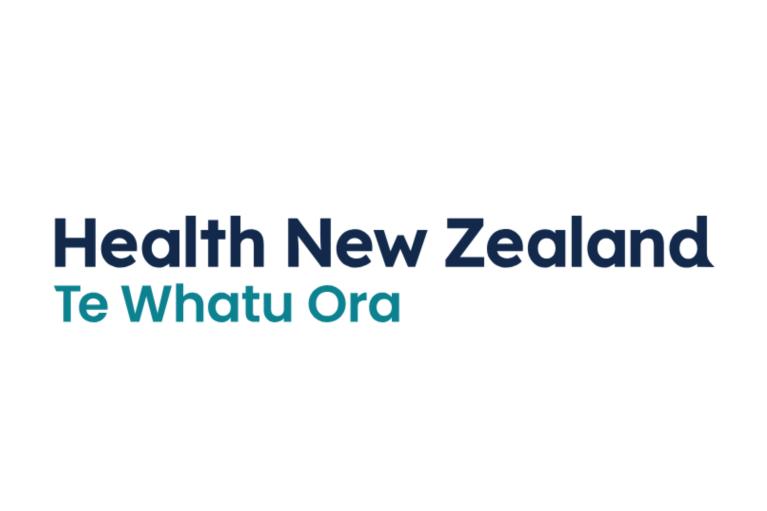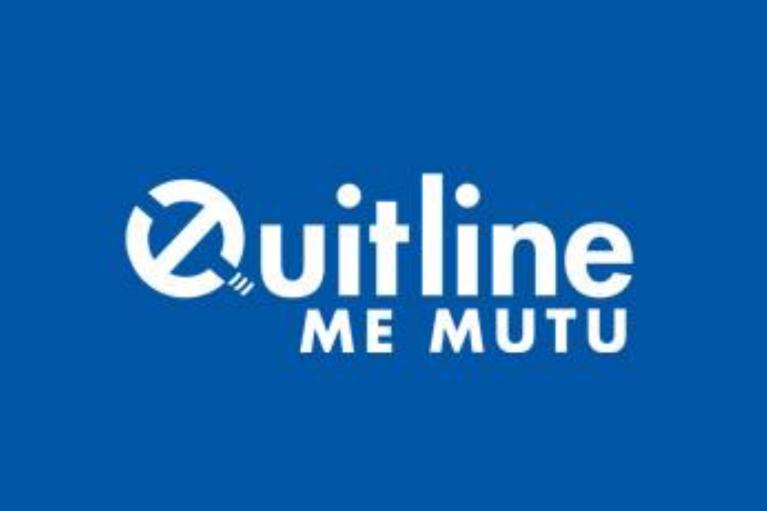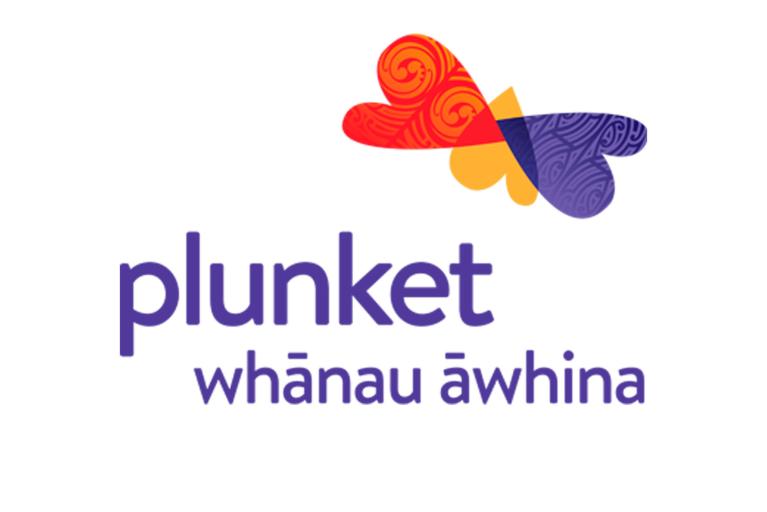Three different whānau share their stories in this video about baby's first year. Hear what mums have to say about looking after yourself and dads describe how they support mum and baby. A Well Child Tamariki Ora nurse describes what happens during her visits to mum and baby. We see how baby is kept safe in bed and how whānau cope with a crying baby. We also hear what happens when baby starts teething.
Source: Ministry of Health
transcribeTranscript
Title: You and Your Child: The First Year. Episode 05 of 15.
Title: Monique & Paulo’s Whānau
[Shots of Monique and Paulo playing with and changing their baby.]
Monique (voice-over): It's hard, but it's amazing. There are no words that can explain being a parent.
[Interview with Monique and Paulo.]
Monique: This is Peyton Taruna Agafili. He turns six weeks this Sunday.
Title: Emily & Daniel’s Whānau
[Shots of Emily playing with her baby.]
Emily (voice-over): It's been wonderful getting to know Sylvia. She's only four months, but I feel like she's come a long way since she was a newborn.
[Interview with Emily.]
Emily: I have two children – Leonard, who's two, and Sylvia, who's four months old.
Title: Frances & Wikeepa’s Whānau
[Shots of Frances and Wikeepa playing with their baby.]
Wikeepa (voice-over): It's hard to think about our life before baby. We used to do a lot of stuff, but it pales in comparison to being a father. I think it's changed me for the better.
[Interview with Frances and Wikeepa.]
Frances: She's a happy, happy child.
Wikeepa: She's a pretty chill baby. Most people say being a parent is hard work, and I think it's true if you're not prepared – if you don't plan ahead. You have to be quite on to it. Strategic, in fact.
[Interview with Monique and Paulo.]
Paulo: From my experience having a kid, it's been challenging, but it's an exciting challenge
[Ngaruna arrives at Monique and Paulo’s house.]
[Interview with Ngaruna.]
Title: Ngaruna Kapinga, Well Child Tamariki Ora Nurse
Ngaruna: Kia ora. My name is Ngaruna Kapinga, and I'm a Tamariki Ora (Well Child) Nurse.
[Ngaruna measures Monique and Paulo’s baby.]
Ngaruna (voice-over): When we come and do our visits, we do look at baby's measurements. We measure his weight, length, and head circumference.
[Interview with Monique and Paulo.]
Monique: She checks up on myself and baby. We've been really fortunate to have a good relationship with our nurse as well
[Interview with Ngaruna.]
Ngaruna: When we come in to see whānau, we talk about mum's well-being and health as well, to make sure she's is looking after herself, getting some sleep – often that can mean having nan or dad helping out and supporting mum and family as well.
[Interview with Monique and Paulo.]
Paulo: My main focus is making sure that they are both secure. Both well off, not being stressed by anything else, because I'll have that covered.
[Interview with Emily.]
Emily: Sylvia is in her own bed in our bedroom, and that works out really well.
[Emily carries her baby to the baby bed.]
Emily (voice-over): We can hear her through the night, and when she cries, I can get up to her pretty quickly. I also know that she's got her own space where she's safe, and we're not going to roll over on her in our sleep, and we don't have to worry about her when we're sleeping. I think we get a better sleep for it.
[Interview with Wikeepa.]
Wikeepa: We've got a mattress we put down, because as soon as we get home, she's usually asleep. Just somewhere close that we can put her down, and then we'll take her upstairs into her cot when she's ready.
[Monique carries her baby to the bassinet.]
Monique (voice-over): For us, it was really important that baby was in the same room as us, just so we're able to keep an eye on him. And his bassinet is right next to our bed so we can attend to him when he is upset, when he needs a feed, when he needs to be comforted.
[Shots of Emily’s baby biting on a toy.]
Emily (voice-over): Sylvia has started teething. She has two little hard bumps on her gums that you can feel. They come up and they get a bit sharper, then they go back down. It's a bit of a process, but she's handling it quite well.
[Shots of Frances and Wikeepa’s baby biting on a toy, and Frances checking the baby’s gums.]
Frances (voice-over): Her teeth came at ten months, which were her bottom teeth. Now her top set's coming. We brush her teeth in the morning and at night.
[Interview with Monique and Paulo.]
Paulo: The main thing is just to be patient. I know at times babies can make it stressful. You just have to remember what's most important.
[Interview with Frances and Wikeepa.]
Frances: I think for us the secret is in our planning. We choose not to do things because we've got baby now.
[Frances bathes her baby.]
Frances (voice-over): We still live our lives. I think you can still enjoy the balance of doing what you used to do. You just have to make it work.
[Interview with Emily.]
Emily: One thing I've learnt with babies, especially young babies Sylvia's age, is that everything is a phase and will pass – so the good and the bad, but especially when there are moments and you're worried or you're doubting yourself, or they're sleeping terribly – it's all a phase and it will pass. You will get through it.
Title: Our thanks to the families and health workers who appeared in this video for the Ministry of Health.
I think you can still enjoy the balance of doing what you used to do. You just have to make it work.
Your baby's first year
In the video, we hear from Ngaruna, a Well Child Tamariki Ora nurse. She explains ...
When we come in to see whānau, we talk about mum's well-being and health as well, to make sure she's is looking after herself, getting some sleep – often that can mean having nan or dad helping out and supporting mum and family as well.
When we come and do our visits, we do look at baby's measurements. We measure his weight, length, and head circumference.
6-week-old-Peytons's mum says ...
She checks up on myself and baby. We've been really fortunate to have a good relationship with our nurse as well.
'Baby blues'
You may feel down after having a baby – known as the 'baby blues'. If the blues don't go away, you may be developing postnatal depression. Ask for help.

See the Health New Zealand - Te Whatu Ora website for information about postnatal depression.
When your baby cries
All pēpi (babies) cry. Responding to their crying will make baby feel secure and safe.
What You Can Do When Your Baby Cries
Attachment
Attachment is the deep bond which develops between a child and their primary caregiver in the first few years of life. Secure attachments have positive outcomes for pēpi and tamariki (children) throughout their lives.
The Importance Of Attachment In Babies
Breastfeeding
Breastmilk is free, fresh and requires no preparation. It is easy for your baby to digest, changes with your baby’s needs, and contains the nutrients your baby needs. Find out about preparing to breastfeed, the health benefits of breastfeeding and the hunger cues your baby may display. See the section on breastfeeding for more information.
Safe sleep
Tips when putting pēpi to sleep
- face up
- lay pēpi flat on their back
- face clear
- gentle handling of pēpi
Sleep needs
Pēpi need sleep to grow and develop. Sleep needs vary and change as they grow. Knowing what to expect at each stage helps you understand your baby's sleep needs as they grow. See the section on normal sleep patterns at different ages.
Starting solids
Around 6 months, your baby starts to need the extra vitamins and minerals (especially iron and zinc) that are in solid foods. Pēpi have usually grown and developed enough to start eating solid food by around 6 months. See the section on starting solids for more information.
Development
Tamariki are natural learners and between birth and 5 years, tamariki grow and learn at the fastest rate of their lifetime. There are many ways of learning - tamariki learn by watching, by listening and especially by doing.
Smoke-free environment
Make sure your baby's environment is smoke-free. Cigarette smoke is very harmful for your baby.
If you want to give up smoking or vaping, contact Quitline or talk with your health professional.

If you want to give up smoking or vaping call Quitline free on 0800 778 778. Quitline can provide free support and advice to help you or someone in your whānau quit smoking. Visit their website for more information.
Safe home environment
Make sure your home environment is safe for your baby. Never leave tamariki, especially those under 5 years of age, unsupervised near water, including baths, buckets and water troughs. Keep medicine in a high place out of reach and out of sight of children. See the section on safety for more tips.
Enrolling with a general practice
It's important to enrol your baby with a general practice at birth or as soon as possible after that. Check the information about enrolling your child with a general practice.
Your Child's Doctor & Practice Nurse
Pēpi and young tamariki get sick often – it's a normal part of childhood. Get help quickly if your child shows any danger signs.
PlunketLine is available 24 hours a day, 7 days a week, on 0800 933 922 for advice and support for you, your baby and your whānau. Calls are free from cell phones. You do not need to be registered with Plunket to use this service.

